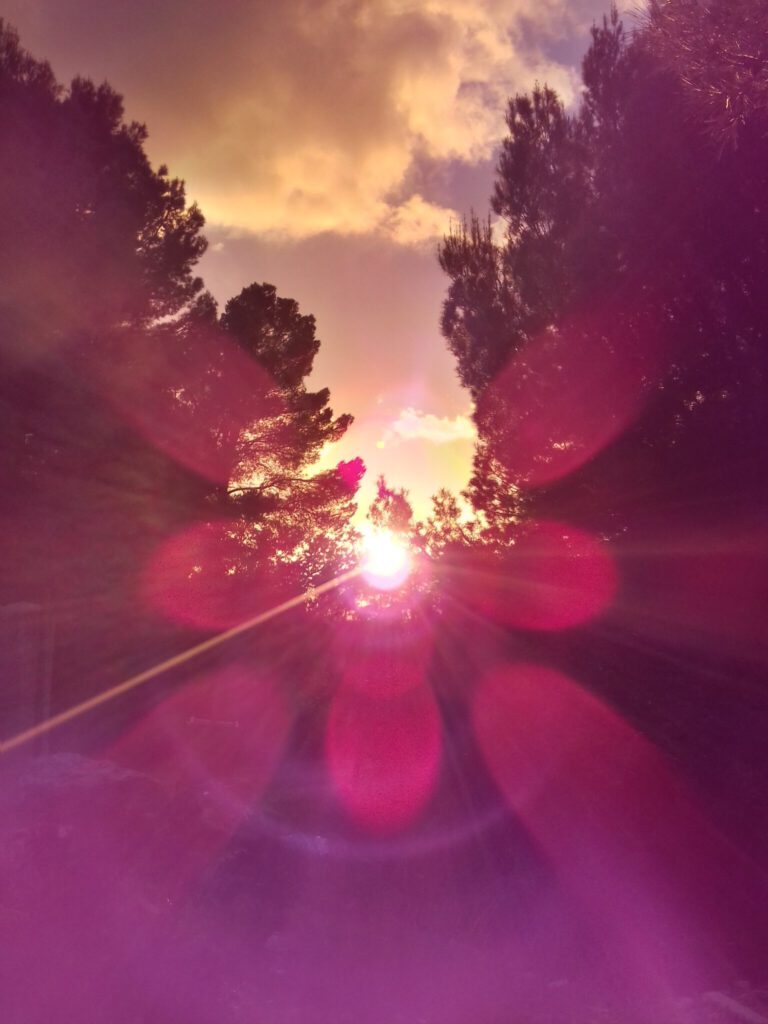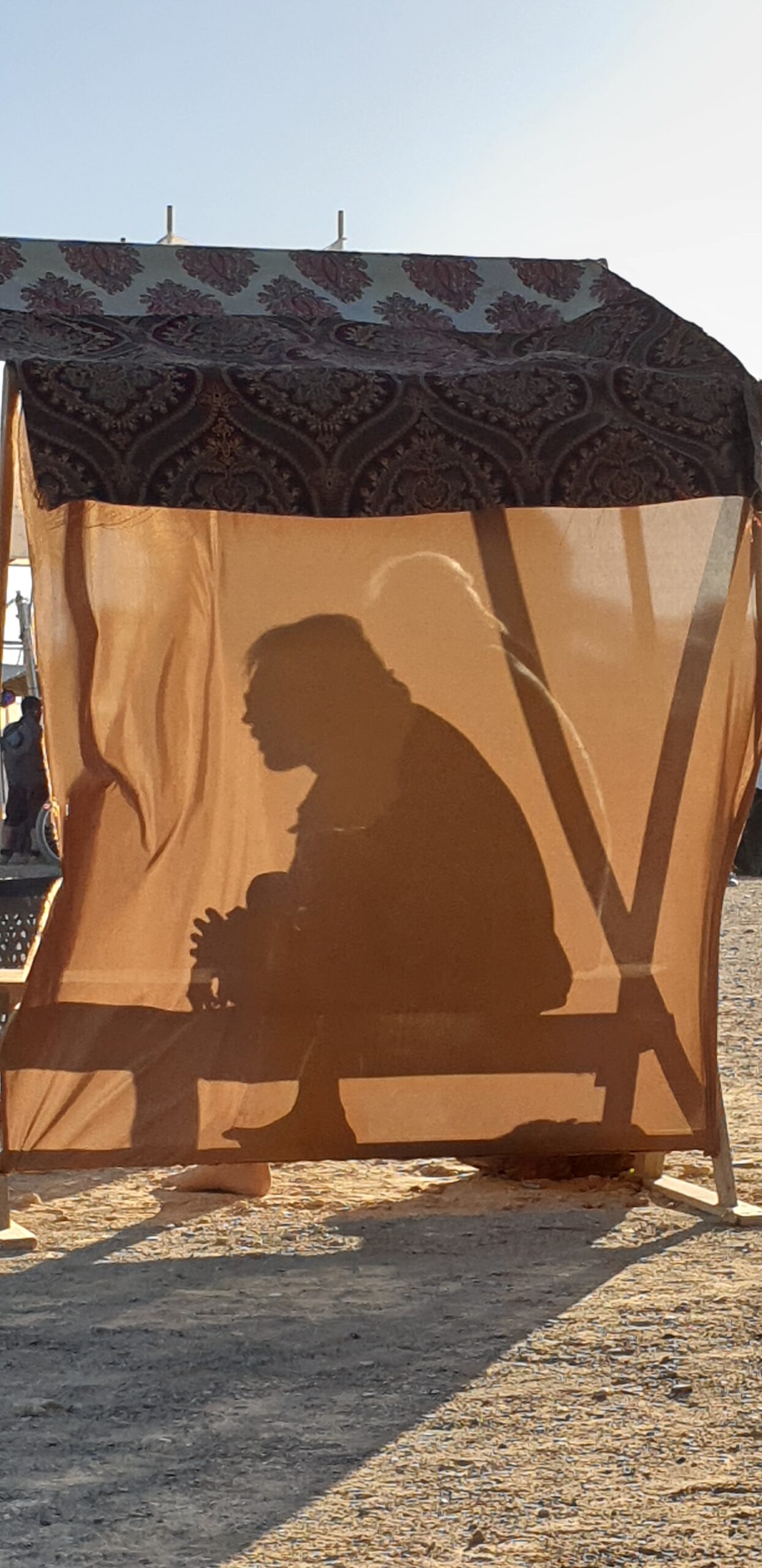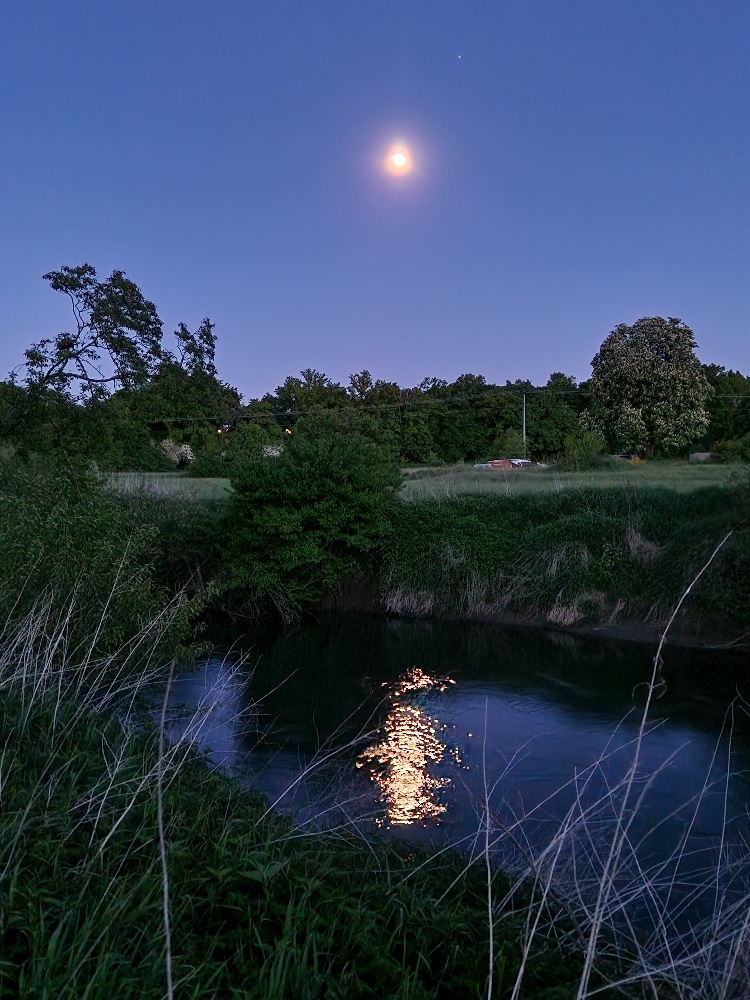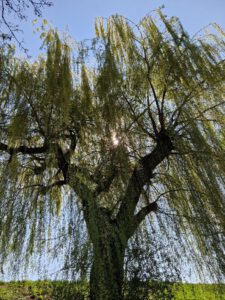If you wake up one day and find a chasm between yourself and God, you can be sure that you are the one who has moved away.
Meister Eckhart (1260-1328)
Man created God in his own image.
Ludwig Feuerbach, 1851
What if God were not a fixed entity but rather a relationship?
A relationship?
Yes, a relationship between „Who I Think I Am“ and „What Is“?
Patrick Little, Reflections
To this day, God is the name by which I designate all things which cross my wilful path violently and recklessly, which upset my subjective views, plans and intentions, and change the course of my life, for better or for worse.
C. G. Jung
This Dr Jung quite is taken from a letter written in December 1959, two years before his death, to a certain „Mr. M. Leonard“, an Englishman located in King’s College, London.
In his prodigious writings, Jung invariably uses the word „God“ to describe immediate experiences rather than some entity or Being „up there“.
In his memoir, `Memories, Dreams, Reflections´, he wrote: „Why have I come to take God for granted? Why do these philosophers pretend that God is an idea, a kind of arbitrary assumption which they engender, when it is perfectly plain that He exists, as plain as a brick that falls on your head? Suddenly I understood that God was, for me at least, one of the most certain and immediate experiences.“
In the quoted letter to „Mr. Leonard“, Jung acknowledged that he is, „obviously confronted with a factor unknown in itself, which I call God“. He goes on to say: „I remember Him, I invoke Him (when I am) overcome by anger or by fear (and) I involuntarily cry: „Oh God.“ And that happens when I meet somebody or something stronger than myself. Later he adds: „(God) is an apt name given to all overpowering emotions in my own psychic system, (which) subdue my conscious will and usurp control over myself.“
Here we have the key to understanding what Jung meant by God. He describes the experience of power greater than the power of our own will, one which supplants the power of the ego. Some call it, therefore, a Higher Power.
He is not talking about a metaphysical being in whose existence we can choose to believe, or not, but rather an interaction stimulated by the experience of overpowering emotive states, („all overpowering emotions in my own psychic system“), a natural manifestation of the human condition, anchored in the seabed of our unconscious.
These overpowering emotive states can be either terrifying or awe-inspiring, or both. They are, when initially experienced, overpowering, beyond control; as we mature, they may re-present themselves, whereupon they can be harnessed, integrated, transcended, and transmuted – in part at least, – as the fruits of the inner work of self actualisation.
Here we can see how Jung joins up the dots of the existential connection between human experience and what we have traditionally called „God“. In so doing he achieves a drastic re-imagining of God. It was this re-imagining that prompted me to ask: What if God were not an entity, but rather a relationship?
These ideas are so fresh that I am still in a bit of a whirl, so please bear with me as I follow the thread unfolding before me. Let me zoom in on the two elements of the relationship. First, What Is, and then What We Think We Are.
Before beginning, it is worth noting that the existence and nature of God is a topic which has occupied human minds and hearts since the dawn of time. It is thus an epic exploration, and very much still in progress.
„What Is“
In the recovery programme of the Twelve Steps, first formulated by the founding members of Alcoholics Anonymous in the late 1930’s, we often hear the phrase: „It is what it is.“ Though this concept sounds disarmingly simple, it encompasses a deep wisdom which is not easy to put into practice in our daily lives.
How do we know reality, as opposed to our version or reality? Many of us look back upon childhood experiences which were so searing, so threatening, that we needed protection from the naked truth. We needed to displace the experienced reality with our own version, our own set of illusions, to secure our physical, emotional, and psychic survival.
Equipped, from childhood, with our personalised lenses, through which we subsequently began to view the world, both inner and outer, many of us are still running around suffering from a basic form of perception disorder. One example of this is when we take things personally. We being to imagine every comment and action, real or imagined, to be a potential personal attack. Taken to the extreme, this can lead to paranoia.
At some juncture in later life, we may get the opportunity to begin the process of the gradual removal of these impediments to clear vision, layer after layer. In the initial phase of readjustment, we might fear that we have gone blind. Here it is wise to retain the services of a guide who has already had personal experience of this process of readjustment. He or she will be able to keep us from harm as we begin our journey.
The fog does lift over time. As it does, our perception begins to shift from egocentric towards ecocentric, becoming more aligned with participative reality rather than self-created illusion. Perhaps only an approximation can be achieved.
Basic elements of reality which we, through our culture, collectively attempt to deny include the facts that we are all going to die, that everything is impermanent, that we have no control over much of what occurs in life, and that there is, beyond what we recognise we do not know, a vast amount of knowledge of which we are not aware that we do not know. We are blind to our own blind spots.
It is only when we become aware of and begin to shed the habits and belief systems which make up the customised protective lenses, that we begin to develop a more accurate sense of reality. Here is where the shift from „aloneness“ to „all-one-ness“ begins to unfold, inviting us to move from the stance of being „apart from“ to the realisation of being „a part of“.
„Who We Think We Are“
In the womb there was no direct sense of separation. We were simply an integral part of something greater. The first rupture comes at birth. This is, however, only the first stage of process whereby we begin to experience ourselves as an entity separate from the rest. The subject-object phenomenon slowly comes into being.
Without this duality, we would never have survived. However, if we are to realise the full potential of our lives, we will follow the call of self actualisation which will take us to the new awareness of what we had forgotten, namely that we are „one with all“.
This is the relationship between „Who I Think I Am“ and „What Is“. Others might call it expansion of consciousness, which a friend on mine once translated as: „Getting to know ourselves better“.
Meister Eckhart was a 13th century theologian who rocked a lot of boats in his day. Living in a time when the church preached that there was a vast chasm between the divine and the human, he made the startling declaration that God, by nature of being God, was immanent in every manifestation of creation.
Human beings, he argues, are already bonded together in and with God, already in intimate unity. „The eye through which I see God is the same eye through which God sees me; my eye and God’s eye are one eye, one seeing, one knowing, one love“. Of course, he got into a lot of trouble with the church authorities for such bold statements. He died in 1328 just before the papacy had concluded its successful prosecution of him for teaching heresy.
The only obstacle to our experiencing this one-ness is our lack of awareness or consciousness of this reality. It is as though we are surrounded by a fog (who we think we are) which obscures the Presence of the Divine (what is). Like the fish in the ocean who has no concept of water, we are all constituents of the ocean of boundless love and compassion, but we just can’t see it.
We know there is something missing, but how do we connect? Great teachers have extolled the virtues of sitting in silence with the willingness to become attuned to the Great Reality. Sitting in silence may be one of the most radical actions we can undertake in this modern era characterised by ubiquitous weapons of mass distraction.
A second boon of such a practice is that, through the practice of silence, the permafrost of our unconscious seems to thaw somewhat, allowing some still repressed elements, – the deprivation of which still impairs our true vision, – to bubble up from our unconscious to once again see the light of day.
Once they return to our field of awareness, the associated wounds can begin to heal. We realise that, in contrast to the original situation when the wounds were inflicted, we now have an array of resources which enable us to deal with whatever it was that overwhelmed us back then, threatening annihilation.
Now we have choices where once there were none, other than denial, delusion, and suppression.
Since beginning to write this essay, I have thought about the long-standing 20th century discussion among scientists about the nature of light. After the publication of Einstein’s works on relativity, physicists debated long and hard about whether light was made up of particles or waves, to ultimately arrive at the conclusion that light is both particles and waves, at one and the same time.
Perhaps this is also the way with God: Both a wellspring, a Force from which all creation emerges and returns, and a relationship, the relationship between what is and what we think we are. I will settle for that as I continue to practice conscious contact with the Divine, through prayer, meditation, contemplation, compassion, action, and simply learning to be more aware in the present moment.










